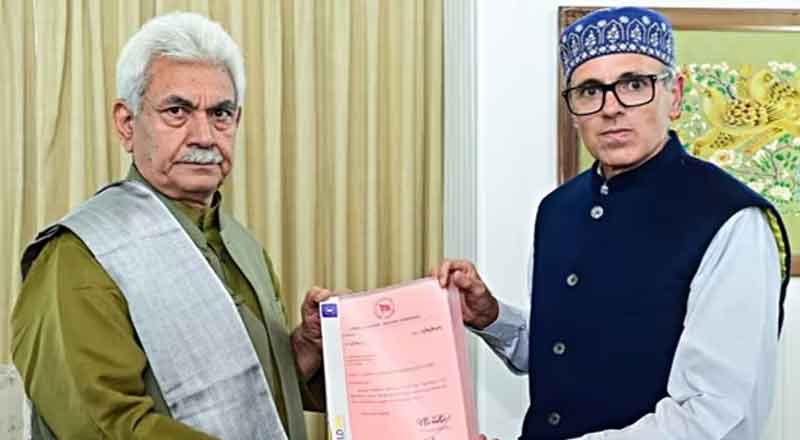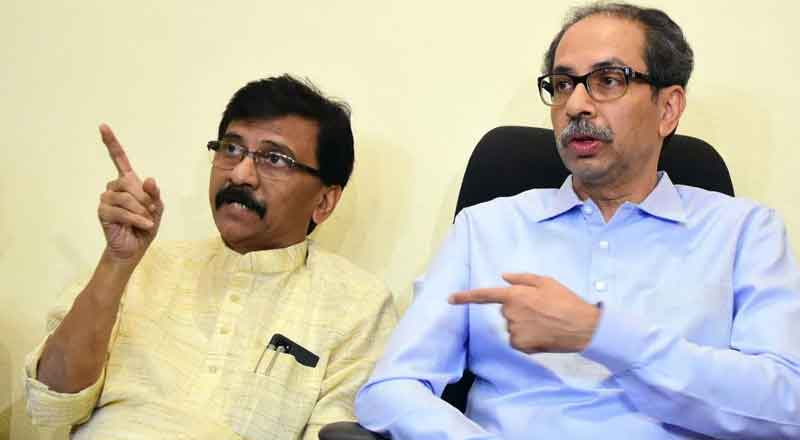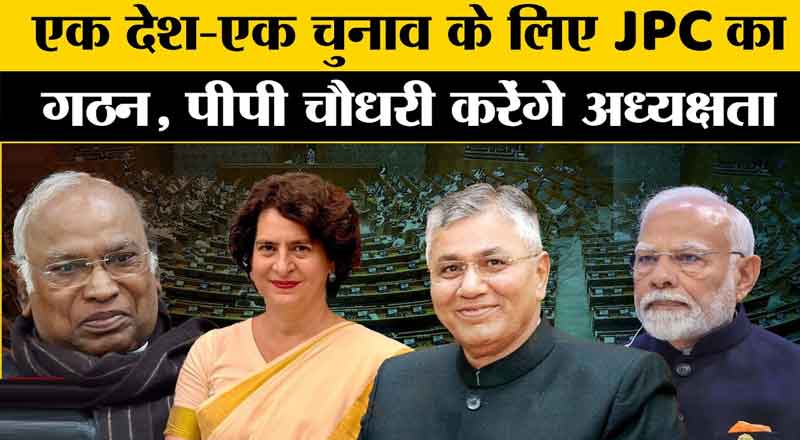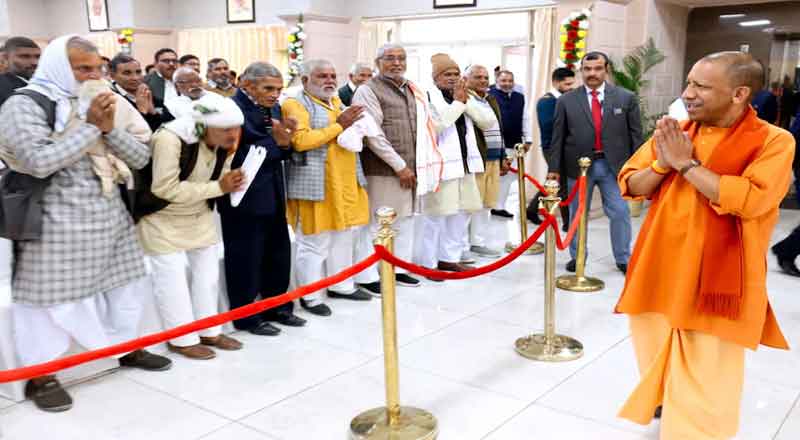A Glimpse into Jammu and Kashmir’s Political Journey
Jammu and Kashmir has long been a region of significant political and historical developments. Once a princely state with special status under Article 370, it witnessed major constitutional and administrative changes in 2019. In August that year, the Indian government revoked the region’s special status and bifurcated the state into two union territories: Jammu and Kashmir, and Ladakh. These changes, marked by the Jammu and Kashmir Reorganisation Act, 2019, put the newly formed union territory under central rule for an extended period. However, after years of direct governance from the Centre, Jammu and Kashmir is now set to experience the return of an elected government.
President’s Rule Withdrawn: A Step Towards Democratic Governance
On Sunday, the Centre officially revoked President’s rule in Jammu and Kashmir, clearing the way for the formation of a new government in the union territory. A gazette notification, issued by the Union Home Ministry and signed by President Droupadi Murmu, announced the end of the central rule that had been in place since October 31, 2019.
The notification cited Section 73 of the Jammu and Kashmir Reorganisation Act, 2019, which, along with Articles 239 and 239A of the Indian Constitution, outlines the powers related to the administration of union territories. It stated that President’s rule would be withdrawn immediately before the appointment of the new chief minister under Section 54 of the Act.
A New Government Takes Shape: NC-Congress Alliance to Lead
With the revocation of President’s rule, the path is now open for the formation of a democratic government in the union territory. The recent Jammu and Kashmir Assembly elections resulted in a victory for the National Conference-Congress (NC-Congress) alliance. Omar Abdullah, the vice president of the National Conference, has been chosen as the leader of the alliance and will serve as the next chief minister of Jammu and Kashmir.
This development marks a significant step toward restoring democratic institutions in the region. For over four years, Jammu and Kashmir had been under central rule, first as a state and then as a union territory. The return to an elected government signals a new chapter in the region’s political journey, providing hope for a more stable and locally representative administration.
Background: Central Rule in Jammu and Kashmir
The imposition of central rule in Jammu and Kashmir dates back to June 2017, when then-Chief Minister Mehbooba Mufti resigned following the BJP’s withdrawal of support from her PDP-led government. Initially, the region was placed under Governor’s rule for six months. Later, the President’s rule was imposed, and it continued through multiple extensions approved by Parliament.
On October 31, 2019, when the Jammu and Kashmir Reorganisation Act took effect, the erstwhile state was officially split into two union territories. At that point, President’s rule was formally withdrawn, but central governance continued under the Lieutenant Governor’s (LG) administration.
Since Jammu and Kashmir is a union territory with a legislature, its administration under central rule has been governed by Section 73 of the Jammu and Kashmir Reorganisation Act. This provision allowed the President to extend central rule based on a report from the LG, enabling governance through the LG’s office until conditions were suitable for holding elections and forming a local government.
Hopes for Stability and Progress
With the NC-Congress alliance set to take charge, there are heightened expectations for governance that reflects the aspirations of the people of Jammu and Kashmir. The newly elected government will face numerous challenges, from restoring political normalcy to addressing the socio-economic issues that have long plagued the region. However, the return of an elected government is a critical milestone in Jammu and Kashmir’s political evolution, potentially paving the way for lasting peace, development, and stability.
In conclusion, the withdrawal of the President’s rule and the upcoming installation of an elected government signal a major shift in Jammu and Kashmir’s governance. As the region moves forward, the people of Jammu and Kashmir can look ahead to a new era of democratic representation.
(With inputs from agencies)





